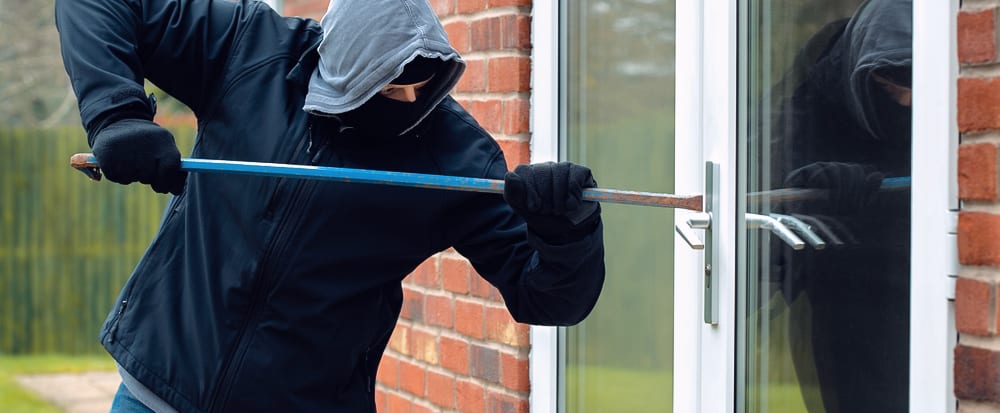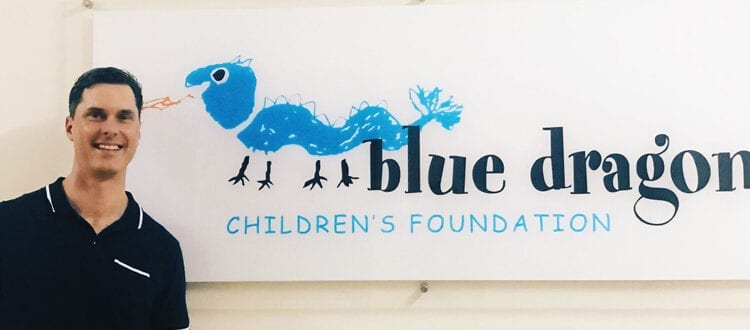When you receive money or a gift from a family member’s or friend’s estate, the last thing you probably think about is tax and insurance. However, you can circumvent future difficulties or financial loss if you attend to a few practical financial issues as soon as possible.
As a direct result of the widespread natural disasters Australia has experienced in recent years, insurance premiums for house and contents have, in many cases, risen dramatically. When faced with these higher costs, many home-owners might be tempted to under-insure their homes or, even worse, not insure at all.
Your home may be your pride and joy, an asset with a big emotional attachment, but it is also usually the biggest financial commitment you will ever make.
It therefore makes sound financial sense to insure your home appropriately. Whether you are reviewing your current cover or insuring a new home, here are some tips to help you make the right decisions.
Identifying Your Needs
Determining the appropriate level of insurance is a relatively simple process:
1. Make sure you obtain an up-to-date valuation for your home. Home prices can change significantly over time so it is important to know the current value of your property to enable you to match the insurance cover accordingly. The services of a property valuer could be engaged to obtain a professional expert opinion, or you could contact a couple of real estate agents specialising in your area for their view.
2. Accurately assess your contents value. While you might not think your ‘stuff’ is worth that much, most people actually have more than they realise. The value of your contents quickly adds up, especially considering the cost of ‘little things’ like your music and movie collection, clothing and kitchen items.
Many insurance companies have contents checklists on their websites to help make this process easier.
Complete a contents checklist then take a video of everything. Being able to see what your home and contents look like in detail can help a claims assessor speed up the process. Don’t forget to update it periodically or as you buy/replace larger items.
After completing your checklist and video, store them securely. A small fireproof safe can be an affordable option; or store them away from your home with a trustworthy friend or relative.
3. Take into account whether you live in a known bushfire or flood risk area and consider obtaining a quote for the cost to completely replace your property. A registered builder will be able to provide you with realistic cost options to give a more accurate assessment of cover required.
4. Appropriately calculate the value of any collectibles or jewellery. Many people have inherited assets or have a special (or very expensive) piece of jewellery. Others may have collections that can turn out to be more valuable than they ever thought possible.
Make sure that you obtain a specialist valuation for any items of particular value so your insurance coverage can be adjusted accordingly.
Finding the Right Insurance Policy
Detailed below are some tips to assist you in getting the policy that perfectly suits your personal circumstances.
- Are there any exclusions? It is said that the devil is always in the detail. Some providers have exclusions that are standard options on the same class of cover with a competitor, so make sure you read the fine print, especially when switching providers.
- Understand the options available. There are many insurance companies within the Australian marketplace, each offering different types of insurance coverage to suit a variety of needs. Make sure you understand fully what you are covered for before signing up. Not all insurance policies are created equally, even if they are called by a similar name.
- Are you covered for natural disasters? Damage caused by catastrophic weather events can be subjective so make sure your cover matches the level of risk your home is reasonably likely to face. Some insurance companies only cover natural disasters of certain types in particular areas.
- Consider additional policy options. For a small additional premium you can add extras to your coverage. For example, many insurers offer cover for alternative accommodation for a set period if your home has to be rebuilt following a disaster.
- What about renovations? You need to check that your existing policy adequately covers you during any renovation process. And don’t forget to review the policy to cover the increased value of your home after the reno.
- Does absence affect your policy? Some insurers will decline to cover a home that is unattended on a regular basis or for a prolonged period of time. This is especially relevant if you’re planning to become a Grey Nomad or are often away from home for other reasons.
- Insuring a rental property. Specialist insurance for landlords may be needed to cover your home for damage or theft if your property is not owner-occupied.
- Answer all questions accurately. This is crucial because if there are any errors or untruths discovered by the insurer at claims time, it may decline to pay some or all your claim.
It Won’t Happen to Me…
It is expected that damaging weather events will cost Australia $33 billion by 2050. Natural disasters such as bushfires, floods and destructive storms are part of life in Australia:
Bushfires: Property losses are commonly experienced in most Australian states, typically between September and March. The direct cost of the 2019-20 bushfires has been estimated at over $4.4 billion.
Floods: Unprecedented wide scale and repetitive flooding in recent years proves that no single area of Australia is totally safe from these disasters. The 2011 floods in Queensland that also affected New South Wales, still rank as one of the costliest disasters with the economic loss valued at $6 billion.
Cyclones and Storms: Cyclones are common in northern Australia, especially between December and April, and over the decades have destroyed entire towns. However, in recent years, severe storms nation-wide have caused damage on a more regular basis than cyclones.
Consider Speaking to an Insurance Expert
If personally navigating your coverage options isn’t for you, ask for specialist help.
If your home is where the heart is, it’s crucial to protect it from potential harm.






